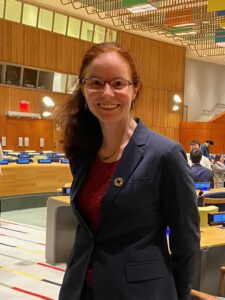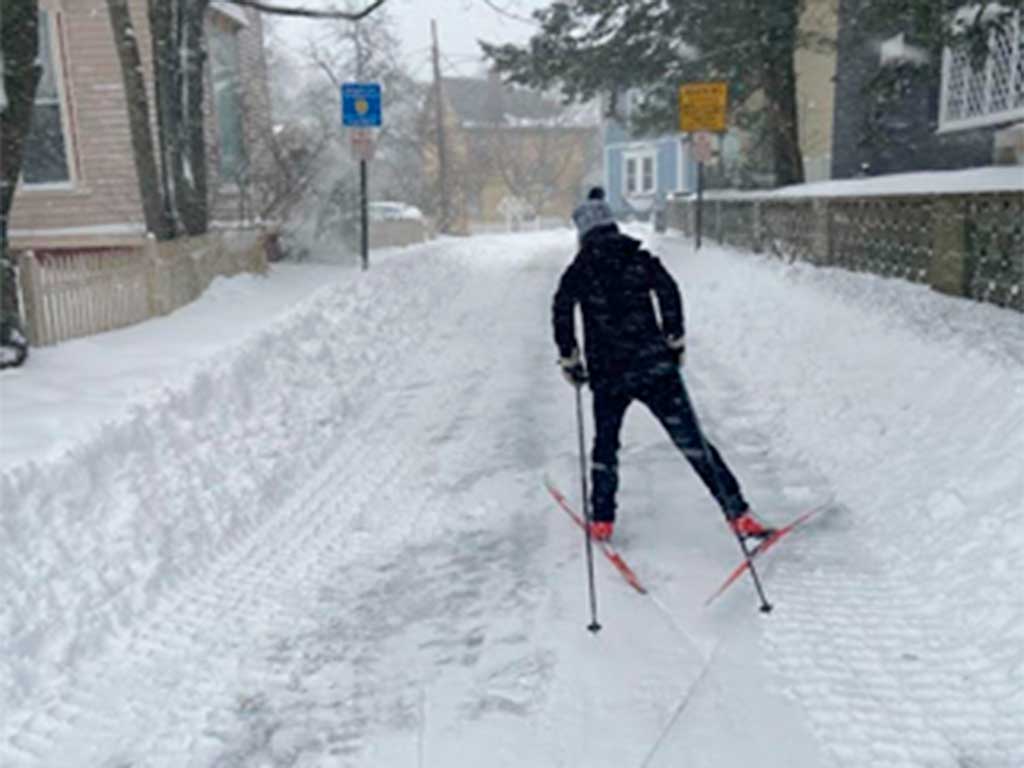We’re All in This Together
Emergency Meeting at the Chilean Mission in NYC
By Dr. Susana Hancock

Although my colleagues and I, like much of the world, had attempted to prepare for what a second Trump presidency might mean for the global climate crisis, we hadn’t fully prepared for fight club. Fueled by local bagels and angst, I joined key strategists, ambassadors, environment ministers, and scientists from the Caribbean, Oceania, Europe, South America, Central Asia, and the Himalayas for an emergency meeting on global policy responses to the degenerate positions of the United States.
The meeting took place in the Chilean Mission in New York City overlooking the United Nations Headquarters and East River. Over the course of a week in the UN Headquarters, and with governments and UN agencies, the United States was never formally in any room, but they were always on everyone’s tongue. Things are bad and getting worse.
Responding to the Crisis
However, the local and international communities are responding. As soon as last November’s results were known, the [former] federal climate team raced to complete our 2030 Paris Agreement obligations, which will outlive the current administration. Bloomberg Philanthropies is, once again, covering our promised financial contributions under the Agreement. The US Climate Alliance–a formulation of states representing more than 60% of the country’s GDP–has recommitted itself to upholding the country’s Paris commitments. Private donors are coming forward to meet reneged federal grants for regenerative agriculture and local resilience. Congress reignited the argument for a domestic carbon tax.
Internationally, foreign institutions successfully invited US scientists, including me, to contribute to the Intergovernmental Panel on Climate Change’s next planetary assessment following the executive order blocking our participation. The EU’s developing carbon-border adjustment aims to coerce the US to the table by taxing carbon-intensive imports from countries that lack internal carbon prices.
Around the world, many countries are digging deep to increase their own ambitions, in part to make up for the vacuum in Washington. The current Canadian government sees June’s G7 summit as an opportunity to embolden climate action, especially if the US remains absent.
Environmentally speaking, this year is off to an abysmal start. However, it has also underscored that our future does not need to lie in Washington.
Dr. Susana Hancock is an internationally recognized climate activist and transdisciplinary polar scientist. When not traveling around the world [by train], she spends half the year in mid-coast Maine where she volunteers with Citizens’ Climate Lobby and has founded her own climate organization.





